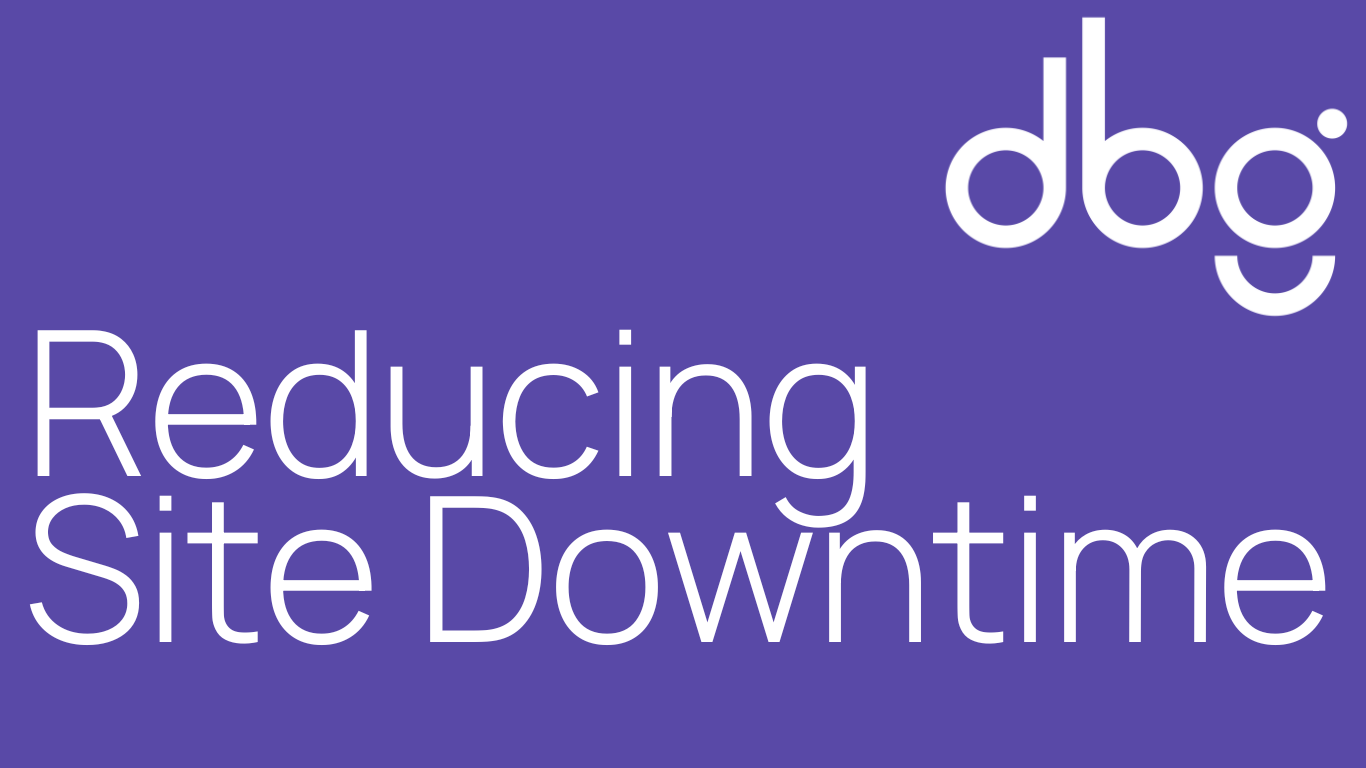 Site downtime is one of the most detrimental factors affecting an eCommerce business, directly impacting revenue, customer satisfaction, and brand reputation.
Site downtime is one of the most detrimental factors affecting an eCommerce business, directly impacting revenue, customer satisfaction, and brand reputation.
To reduce downtime, it’s crucial to implement a proactive approach, ensuring that your website is hosted on a reliable server infrastructure with sufficient bandwidth to handle peak traffic.
Regular site monitoring is essential, using tools that offer real-time insights into performance metrics and alert you to potential issues before they become critical.
Regularly scheduled maintenance and updates also play a key role, as outdated software or plugins can increase the risk of crashes.
Utilising Content Delivery Networks (CDNs) helps to distribute the load across multiple servers, reducing the risk of failure.
Backup systems are another vital component, ensuring that in case of a server crash or other issues, your website can be quickly restored with minimal disruption.
Finally, investing in robust security measures will protect your site from cyberattacks, which are often the cause of unplanned downtime.
By focusing on these elements, eCommerce businesses can ensure more consistent uptime, improving customer trust and satisfaction.
